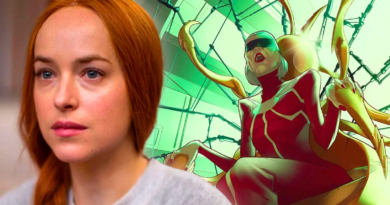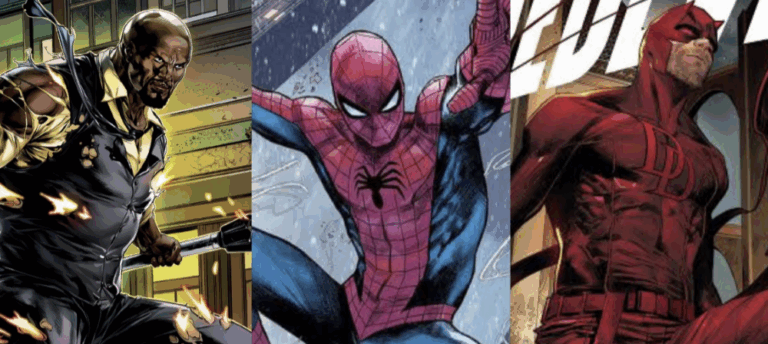
Why Marvel’s Street-Level Heroes Are More Important Than Ever
In a world of multiversal chaos, cosmic threats, and gods wielding hammers, it’s easy to
forget that some of Marvel’s most compelling storytelling comes from the ground up. While
the MCU (and many modern comics) have increasingly pushed heroes into grand, world-
ending showdowns, the street-level characters remain vital to the emotional and thematic core
of the Marvel Universe. And now, more than ever, they’re exactly what both readers and
viewers need.
From Daredevil and Spider-Man to Luke Cage and Jessica Jones, Marvel’s street-level heroes
don’t deal in alien invasions or time travel. They fight for neighborhoods, protect vulnerable
people, and deal with the messiness of real life. In 2025, with superhero fatigue creeping in
and audiences craving more grounded narratives, Marvel’s street-level heroes are not only
relevant, they’re essential.
They Bring Superheroes Back to Human Scale
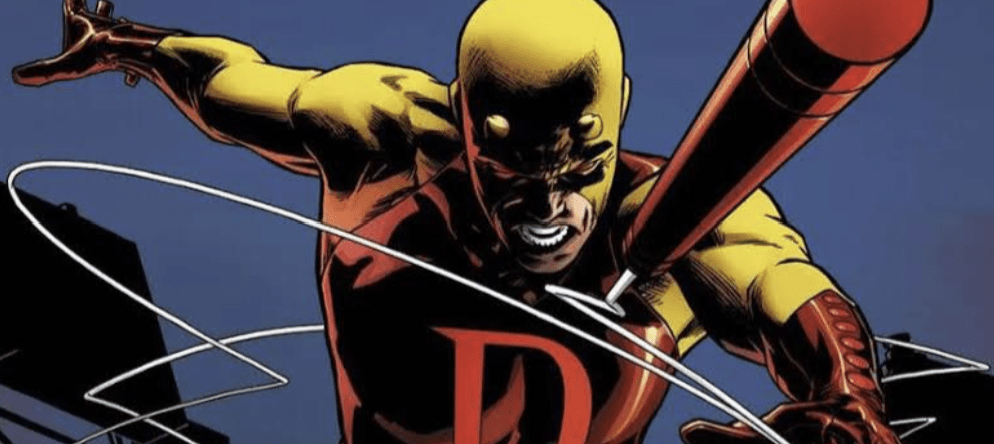
Let’s face it: after the Multiverse Saga, watching characters punch timelines and resurrect
gods can feel emotionally distant. Cosmic stakes are thrilling, but they risk leaving viewers
detached. Street-level heroes, by contrast, pull the action back to human consequences. When
Daredevil loses a case, an innocent man might rot in prison. When Spider-Man misses a shift
at work, he can’t pay his rent.
These heroes aren’t immortal warriors or billionaires with tech suits, they’re struggling with
rent, trauma, addiction, and grief. They get hurt. They make mistakes. And that vulnerability
makes their victories all the more satisfying. They remind audiences that being a hero doesn’t
require a spaceship or Vibranium, it requires compassion, grit, and the will to do good even
when no one’s watching.
They Reflect the World Outside Our Window
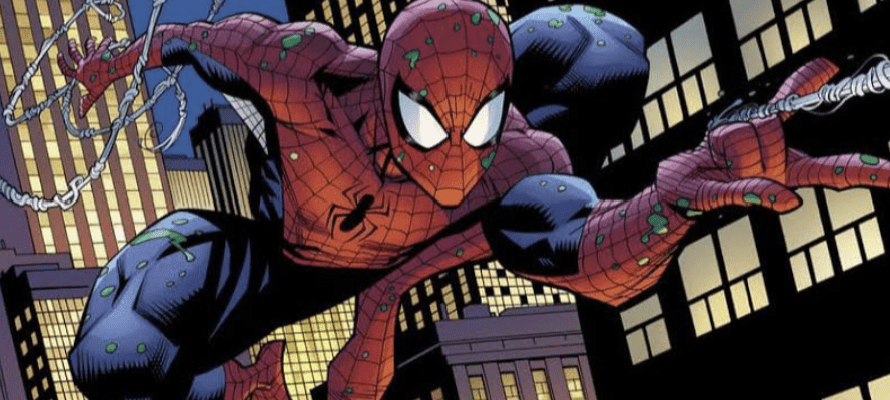
One of Stan Lee’s core philosophies for Marvel was to reflect “the world outside your
window.” Nowhere is that more apparent than in street-level storytelling. These heroes live in
recognizable neighborhoods, face systemic injustice, and often work within (or against) real-
world institutions like the police, courts, and media.
Luke Cage patrolling Harlem or Ms. Marvel navigating Jersey City reflects a version of
heroism that’s deeply connected to identity, culture, and community. In an era when global
issues like gentrification, corruption, and inequality dominate headlines, characters like these
speak to what it means to stand up for the people who often go unseen in larger battles.
The MCU’s Return to the Streets Is a Welcome
Shift
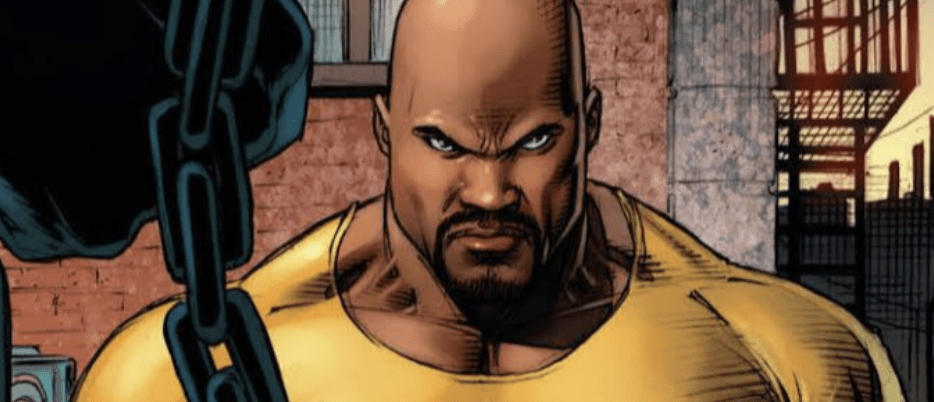
After years of expanding outward, Marvel Studios seems poised to refocus inward. The
return of Daredevil: Born Again, the introduction of Echo, and the planned relaunch of
Spider-Man post-No Way Home all point to a new wave of grounded, personal stories.
This pivot isn’t just refreshing, it’s strategic. As audiences tire of convoluted lore and cosmic
stakes, street-level series provide a clearer entry point and a more intimate experience.
Viewers don’t need to memorize multiversal timelines to understand why Maya Lopez wants
revenge, or why Matt Murdock can’t stop fighting for Hell’s Kitchen.
Moreover, these stories allow for deeper character development. You don’t just watch the
punches, you feel the consequences. That’s something superhero storytelling desperately
needs to stay compelling.
They Offer a More Diverse and Inclusive Lens
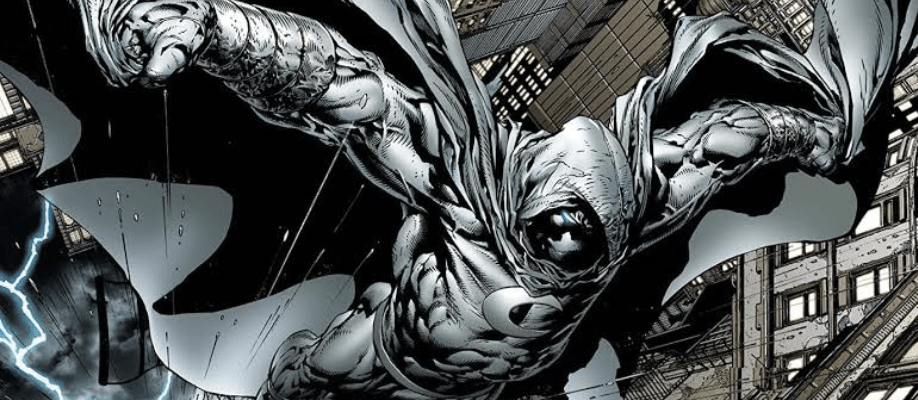
Marvel’s street-level roster is also where some of its most diverse and inclusive characters
reside. From Kamala Khan to Miles Morales, these heroes bring fresh perspectives and
explore the complexities of identity in ways cosmic sagas rarely can.
Jessica Jones’ exploration of trauma and recovery, Moon Knight’s portrayal of dissociative
identity disorder, and Luke Cage’s confrontation with racial injustice all highlight how street-
level narratives can tackle serious issues without feeling preachy. They walk the fine line
between fantasy and reality, making them uniquely suited for emotional resonance.
As audiences continue demanding more representative storytelling, the street-level corner of
Marvel is already equipped to deliver.
Smaller Stakes, Bigger Payoffs
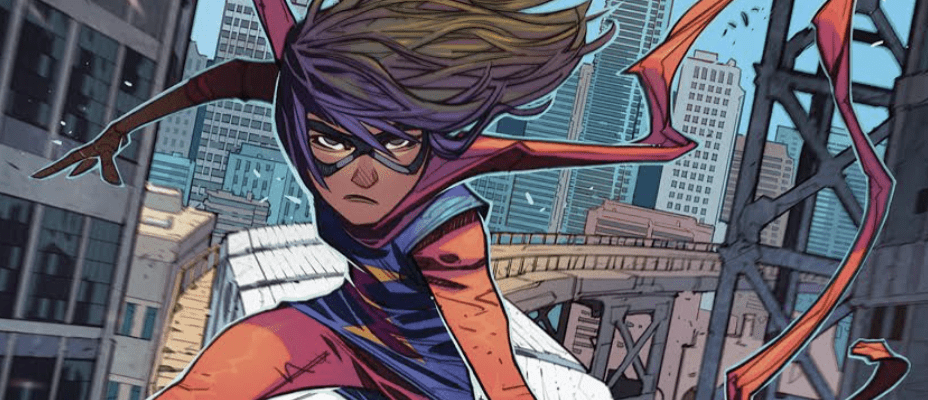
What makes a moment memorable in superhero fiction isn’t always the scale, it’s the stakes.
When Peter Parker chooses to save a single person instead of stopping a villain, or when Matt
Murdock risks everything for a client who can’t pay, those choices stick with readers and
viewers. They’re rooted in empathy, morality, and personal sacrifice.
You don’t need a planet on fire to create tension. Sometimes all it takes is a masked vigilante
racing across rooftops to stop a mugging because to that one victim, it means everything.


